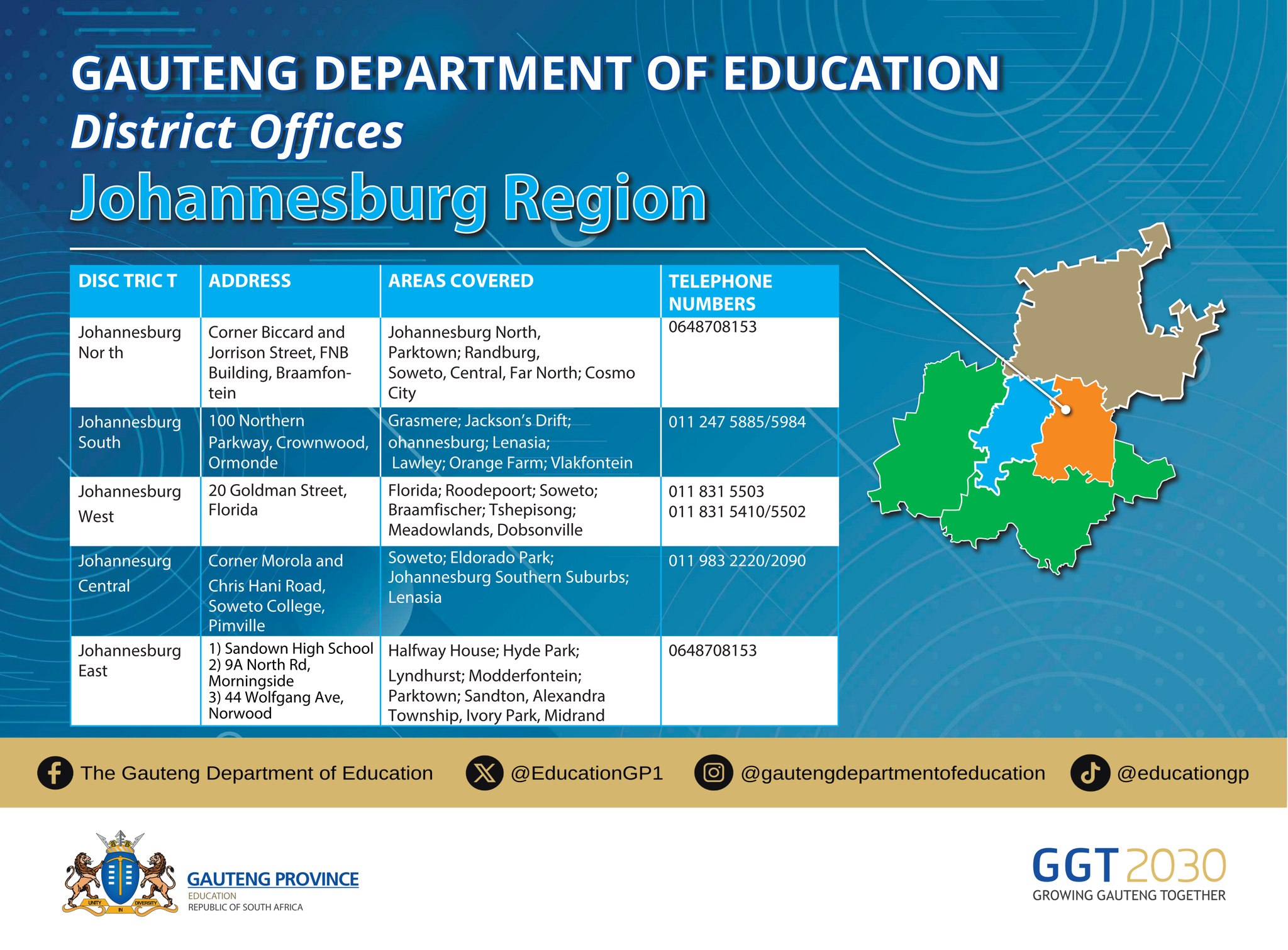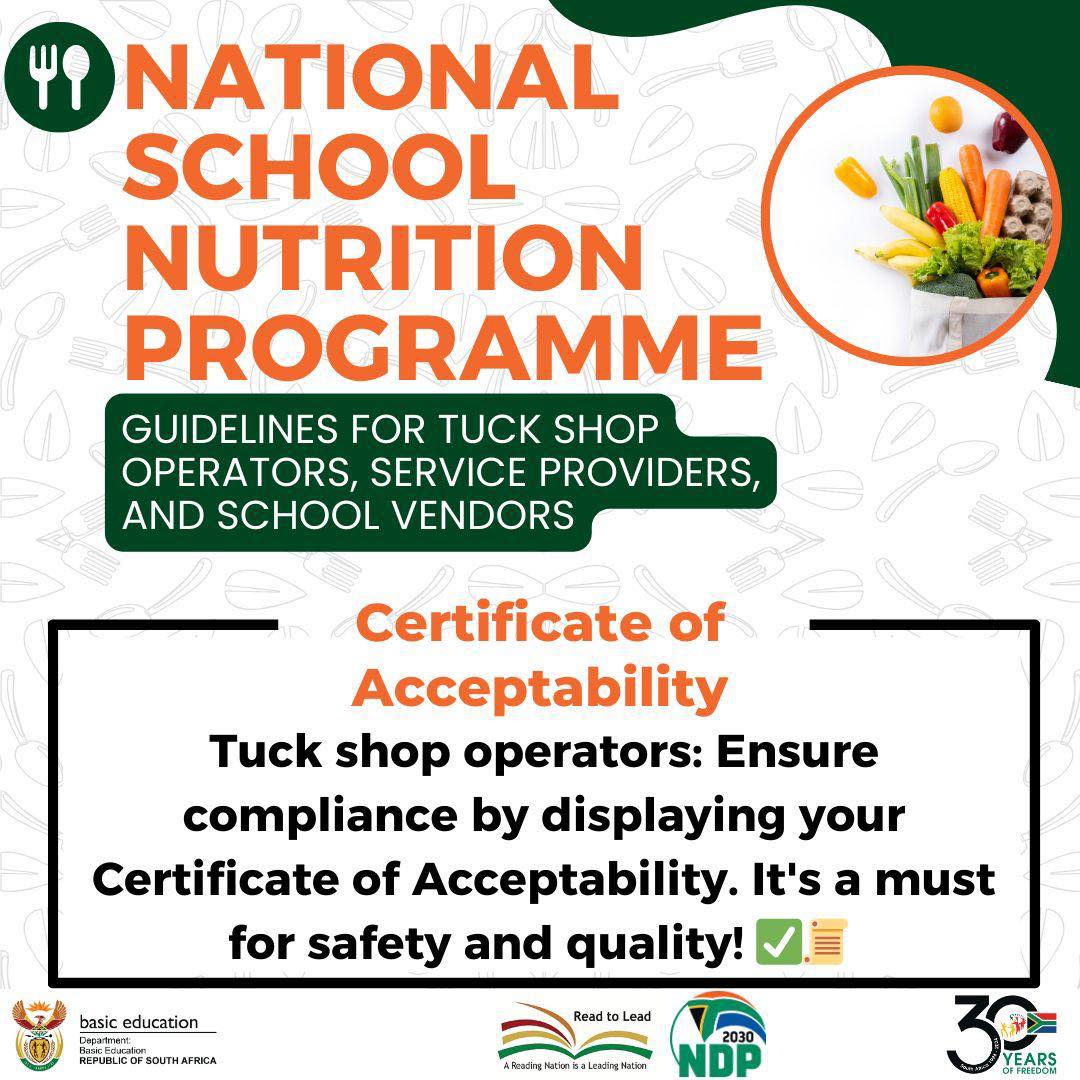By Mzukona Mantshontsho
NEW LIFE CHURCH COSMO CITY held their World Aids Day commemoration on Sunday 3 December at 21 Sierra Leone Avenue, under the theme: “Let the Communities Lead”.
Phindile Gwedle spoke fondly about the role that the National Children & Violence Trust (NCVT) does in the community.
The NCVT is a registered non-profit making organization based in Fourways and Cosmo City which functions to support vulnerable groups such as violated children, women and the whole family.
NCVT’s main aim is to address the effects of trauma induced by violence, physical, emotional and psychological abuse. Through the day-to-day programmes NCVT has realized that most perpetrators of children and gender-based violence are men, hence the focus of the programmes is specifically on men and endeavours to change their attitudes towards women and children.
In Cosmo City, NCVT has an auxiliary social worker who does screenings to victims and directs them to the relevant specialists to help them with their problem.
The NCVT functions to support vulnerable groups such as the abused and violated children, women, the unemployed, people infected and affected by HIV/AIDS in some of the most impoverished informal settlements in Gauteng. The poor socio-economic conditions, low education levels and the inefficient access to health services provide further insights into factors affecting life-style and well-being of the people with whom the National Children and Violence Trust works.
The communities are located in the informal settlements of Diepsloot, Loss My Cherry, Riverbend, Lanseria, Nooitgedacht and Cosmo City. These areas are subjected to high incidences of violence and trauma.
National Children and Violence Trust has a proven track record of over twenty years of effective interventions with dedicated staff members and volunteers. National Children and Violence Trust programs are guided by three core strategies.
First is the preventative strategy, which ensures that children and the people charged with their protection are informed and have a practical understanding of their rights and responsibilities in order to prevent violation that may induce trauma and suffering of the child.
Second is the management/curative strategy, a response to the traumatic experiences that children are subjected to on a daily basis, and this is realized through the provision of psycho-social and trauma management services and the access to justice for children whose rights have been violated.
Thirdly, capacity building through workshops, campaigns and training.










